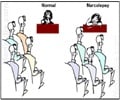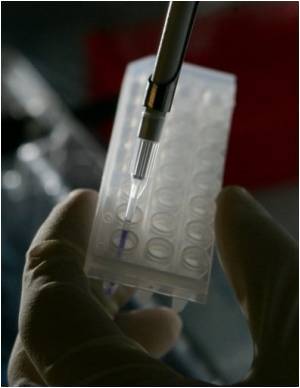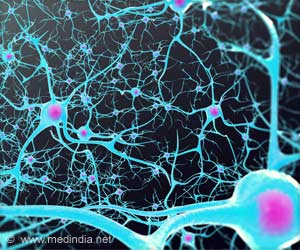Orexin signaling pathway known to regulate sleep is also found to be responsible for inducing lethargy during illness, finds research.

"We all know what it means to feel 'bad' when we're acutely ill. In particular, patients with chronic diseases experience a compromise in motivated behaviors. They don't feel like getting up and doing anything. Yet the brain mechanisms behind this common experience have remained obscure," said Daniel L. Marks, M.D., Ph.D., principal investigator and associate professor of pediatrics in the Papé Family Pediatric Research Institute at OHSU Doernbecher Children's Hospital.
"Our lab has found that the neurotransmitter system thought to be primarily involved in the induction of sleep is actually extremely important in maintaining motivation and movement during acute and chronic illness," Marks explained.
Research has shown that in response to illness, animals divert all their energy to fight infection. Lethargy, fever and loss of appetite are symptoms of the body's highly organized strategy to sacrifice biological and physiological priorities to provide the greatest chance of survival.
Although previous studies have identified the neurotransmitter system in the brain responsible for inducing fever and loss of appetite in response to disease, the mechanism for suppressing physical activity and motivation, and the means to treat it, has been unclear — until now.
To determine the cause of illness-induced lethargy, Marks and colleagues studied the brains of rats, the neuroactivity of which closely mimics human brains. They determined that acute and chronic inflammation-induced lethargy is brought about by a specific population of inflammation-sensitive neurons located near the neurotransmitter system that controls physical activity and arousal, known as the orexin system. When the researchers injected the rats with orexin, they were able to restore orexin signaling and, thus, restore motivated behaviors and movement.
Advertisement
"There is a very exciting opportunity to quickly translate these findings into clinical practice," Marks said. "Because the role of orexin in sleep disorders like narcolepsy has been known for several years, the drug development efforts aimed at restoring orexin signaling are at an advanced state and nearly ready for clinical application."
Advertisement









